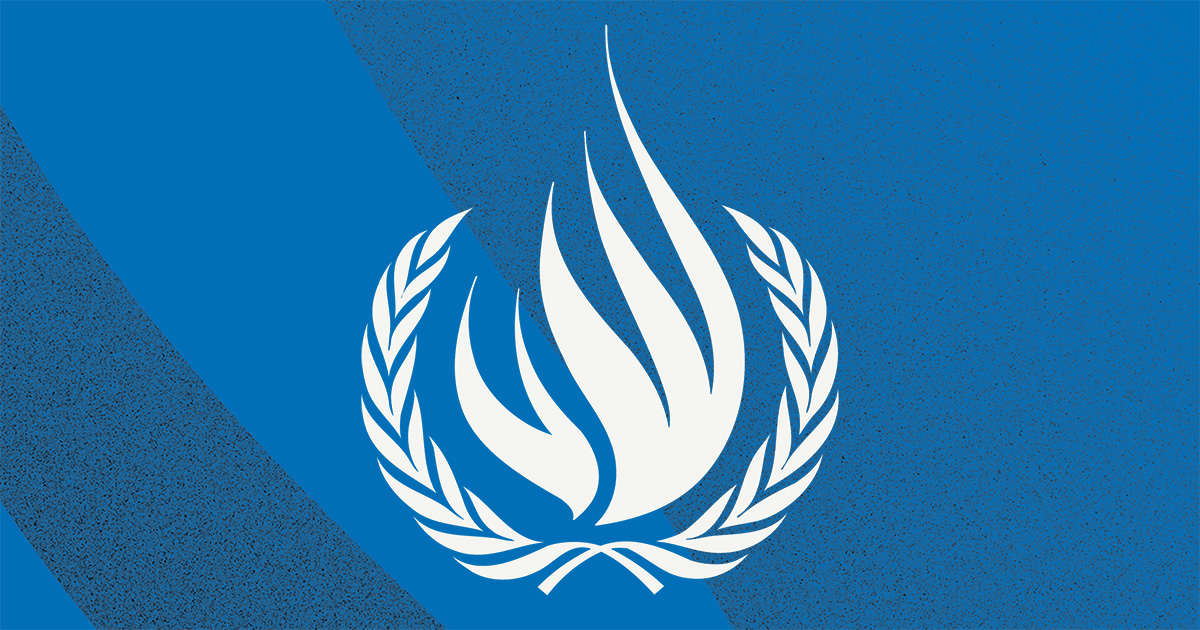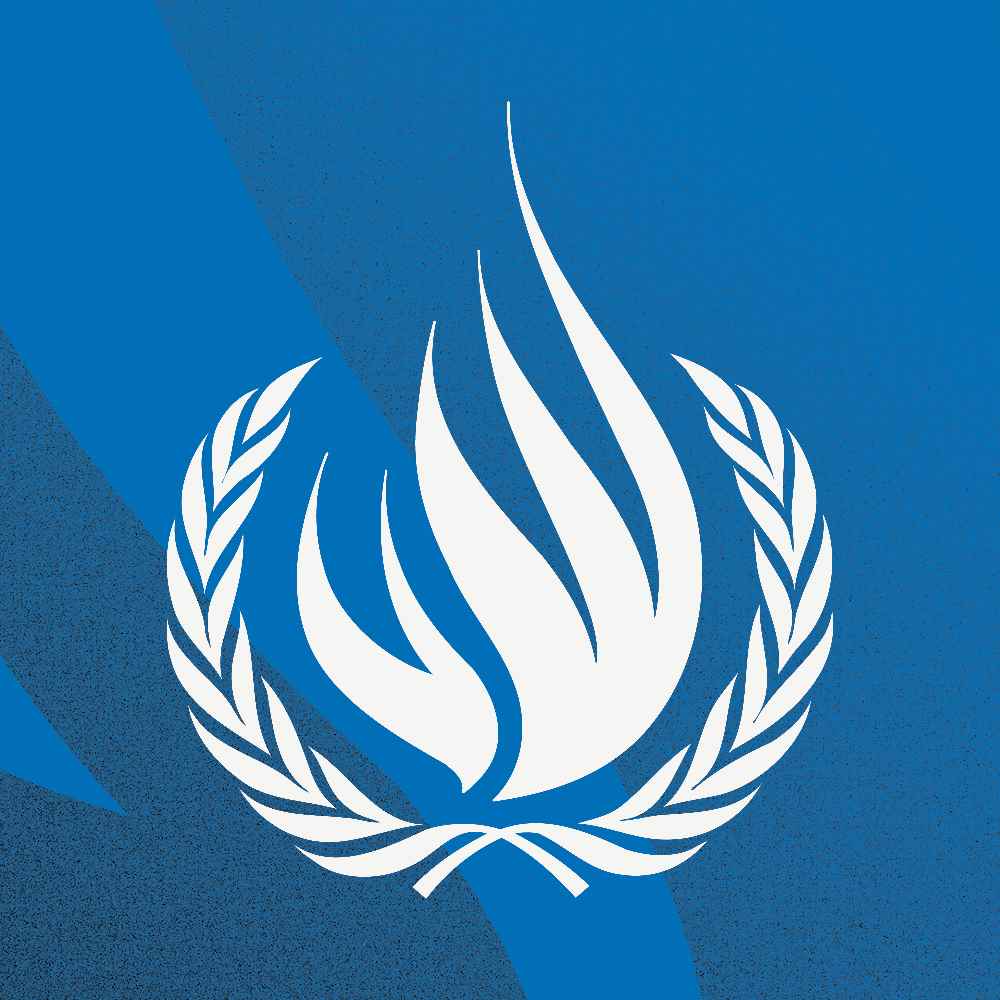
GENEVA (15 September 2023) – States must effectively respect, protect and facilitate the rights to freedom of peaceful assembly, of association and of expression online and in digitally-mediated spaces, and ensure digital technologies are not used to unduly restrict civic space online and offline, UN and regional human rights experts urged in a new joint declaration.
In a Joint Declaration issued on the occasion of the World Democracy Day, the UN Special Rapporteur on the rights to freedom to peaceful assembly and of association, jointly with experts from the African Commission on Human and Peoples’ Rights (ACHPR), the Inter-American Commission on Human Rights (IACHR), the ASEAN Intergovernmental Commission on Human Rights (AICHR), and the OSCE Office for Democratic Institutions and Human Rights (ODIHR), raised serious concerns about shrinking civic space online, and the rapidly evolving and emerging technologies that are posing additional threats to the promotion and protection of these rights online and offline.
The UN and regional experts have raised the following main concerns related to the misuse of digital technologies by State and non-State actors, which result in curtailing the effective exercise of these rights online and offline: imposing Internet shutdowns and censorship, digital surveillance and malicious use of artificial intelligence, online harassment, spread of hate speech, and spread of disinformation and misinformation.
State and non-State actors have deliberately used technology to silence, surveil and harass dissidents, political opposition, human rights defenders, activists and protesters.
Such acts create a chilling effect and shrink civic spaces online and offline, which leads to deterioration and undermining of democracy.
States must ensure technologies are used as a means to facilitate the rights to peaceful assembly, association and expression online and offline, not suppress these rights.
Among other measures, a global regulatory framework should be developed based on international human rights law and standards to rein in use of digital surveillance and other emerging technologies. Robust and accountable export control regimes should be put in place for surveillance and other technologies that pose serious risks to the exercise of these fundamental freedoms.
States should ensure effective accountability for violations of the rights to freedom of peaceful assembly, association, and expression, related to the use of digital technologies. Special efforts must be made towards identifying and prosecuting gender-based online violence.
Protecting, promoting and effectively enabling these rights offline and online is essential to ensure inclusive and participatory democracies, and resilient and peaceful societies.
*The experts: Mr. Clément Voule, United Nations Special Rapporteur on the rights to freedom of peaceful assembly and of association; Hon. Rémy Ngoy Lumbu, Chairperson of the African Commission on Human and Peoples" Rights (ACHPR) and Special Rapporteur on Human Rights Defenders and Focal Point on Reprisals in Africa; Mr. Pedro Vaca, Special Rapporteur on Freedom of Expression of the Inter-American Commission on Human Rights (IACHR), Ms. Yuyun Wahyuningrum, the Representative of Indonesia to the ASEAN Intergovernmental Commission on Human Rights (AICHR), and the OSCE Office for Democratic Institutions and Human Rights (ODIHR).
The UN Special Rapporteurs are part of what is known as the Special Procedures of the Human Rights Council. Special Procedures, the largest body of independent experts in the UN Human Rights system, is the general name of the Council’s independent fact-finding and monitoring mechanisms that address either specific country situations or thematic issues in all parts of the world. Special Procedures experts work on a voluntary basis; they are not UN staff and do not receive a salary for their work. They are independent from any government or organisation and serve in their individual capacity.
For more information and media requests please contact: hrc-sr-freeassembly@un.org
For media enquiries regarding other UN independent experts, please contact Maya Derouaz (maya.derouaz@un.org) or Dharisha Indraguptha (dharisha.indraguptha@un.org).
Follow news related to the UN"s independent human rights experts on Twitter @UN_SPExperts.
Concerned about the world we live in?
Then STAND UP for someone"s rights today.
#Standup4humanrights
and visit the web page at http://www.standup4humanrights.org









